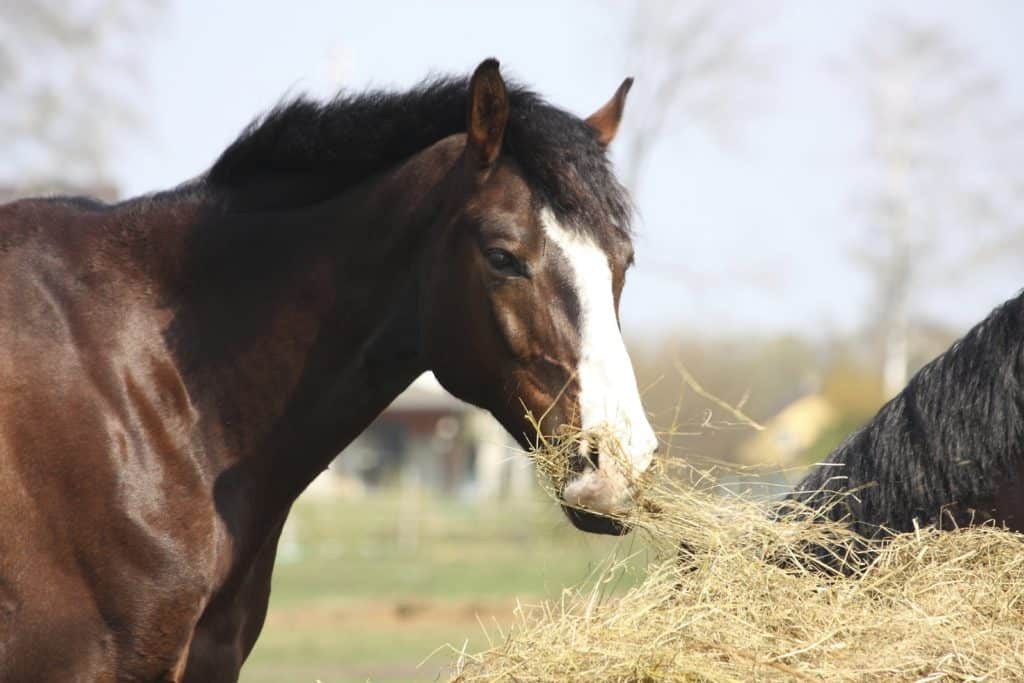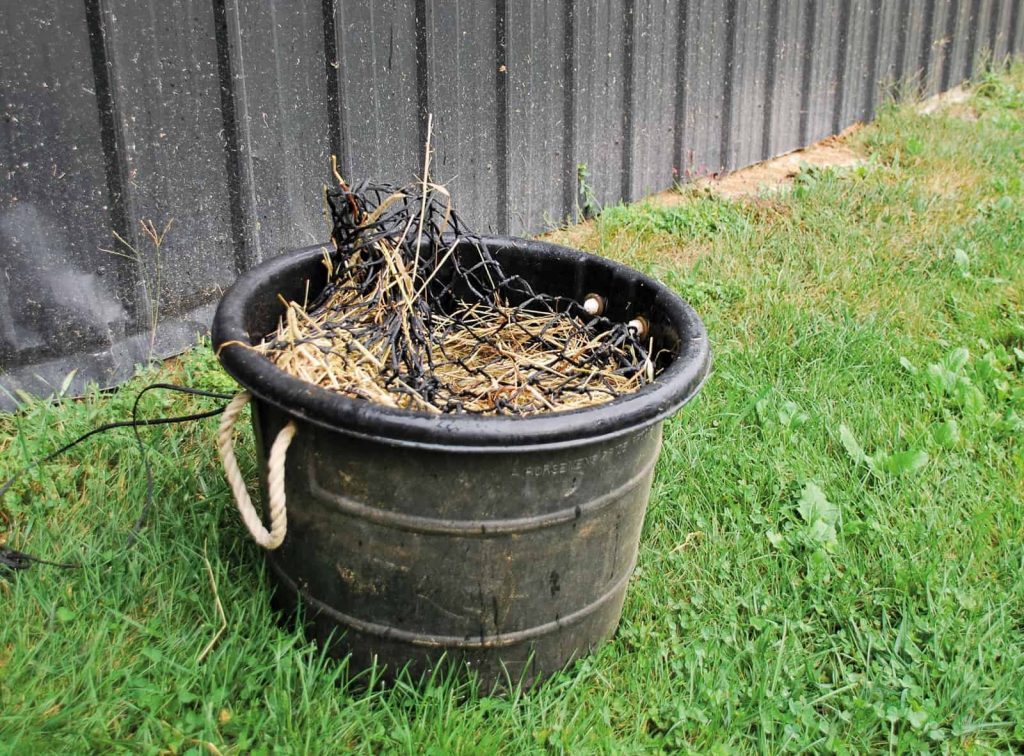
Feeding Metabolic Horses
Discover what, when, and how to feed horses with metabolic issues such as EMS, ID, and PPID.
Information on pituitary pars intermedia dysfunction (PPID), also known as Cushing’s Disease in horses.

Discover what, when, and how to feed horses with metabolic issues such as EMS, ID, and PPID.

A nutritionist answers questions about the nutritional needs of older equids, covering topics such as senior feeds, metabolic disease, and helping horses gain weight.

If you suspect your horse has a metabolic disease, timely and accurate diagnostic testing is essential to developing a management plan.

New research shows that veterinarians might need to allow several hours between transportation and testing for conditions such as PPID.

Dr. Luke Bass describes the unique joint changes that might be seen in horses with PPID and EMS.

Equine practitioners are using recent research in their day-to-day practice to diagnose PPID, EMS, and ID.

One equine nutritionist explains how you can make sure your PPID horse’s hay is safe for him to eat.

New study results lead researchers to believe differences in ACTH concentrations between breeds are significant to diagnostic testing for PPID.

Many factors—most importantly, season—can influence which PPID test your veterinarian performs and how he or she interprets it.

Our equine nutrition expert offers a reader advice on how to feed a thin horse with a history of laminitis without causing another bout of the disease.

The primary factors that influence equine Cushing’s test selection are season and severity and number of clinical signs.

Early diagnosis and appropriate management, including pergolide, can help improve PPID horses’ quality of life. Learn more in this free download, sponsored by Boehringer Ingelheim.

Soaking hay for horses with PPID or insulin dysregulation can reduce the WSC and ESC values, making it safer for these horses to consume.

Grazing horses at night can help keep them at a healthy weight and reduce their sugar intake.

Learn how horses go from metabolic to laminitic and ways to manage them.

Can an active PPID horse have pasture access and performance feed? Our equine nutrition expert offers advice on feeding a gelding with managed PPID.
Stay on top of the most recent Horse Health news with
"*" indicates required fields